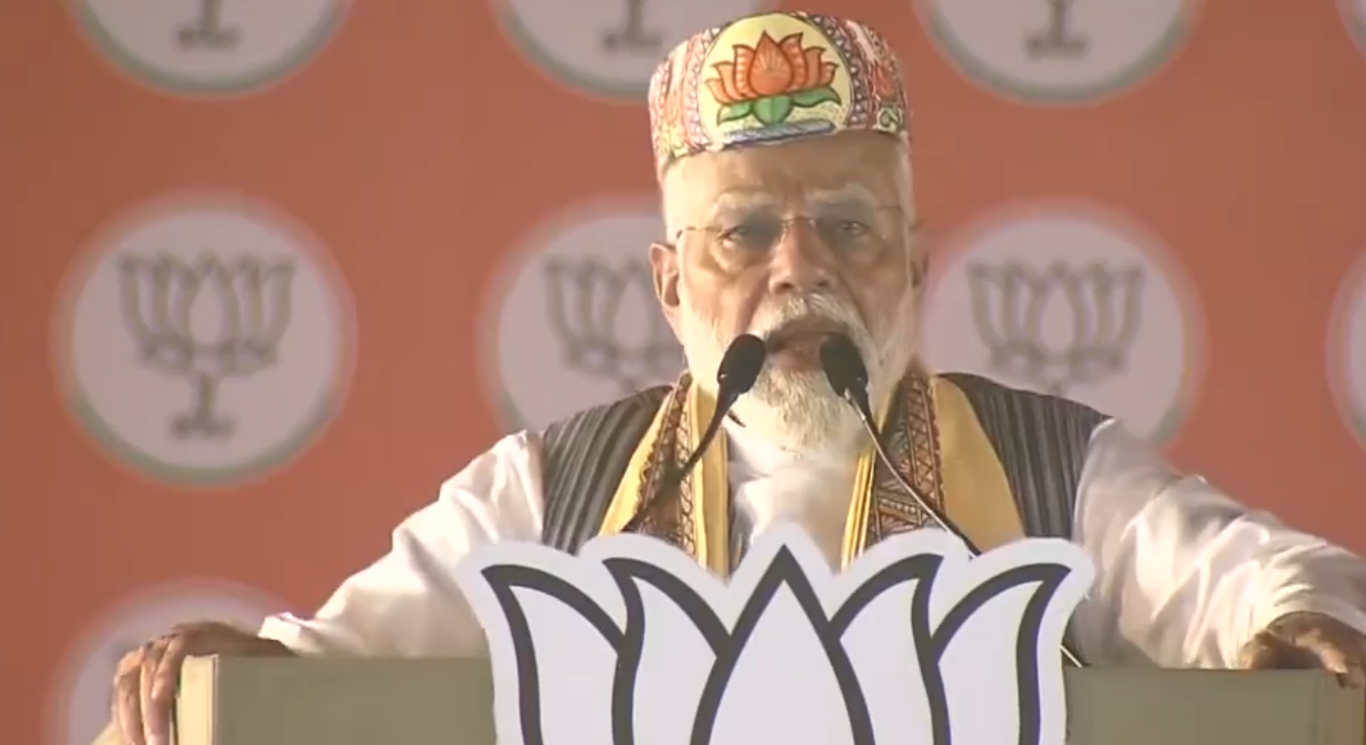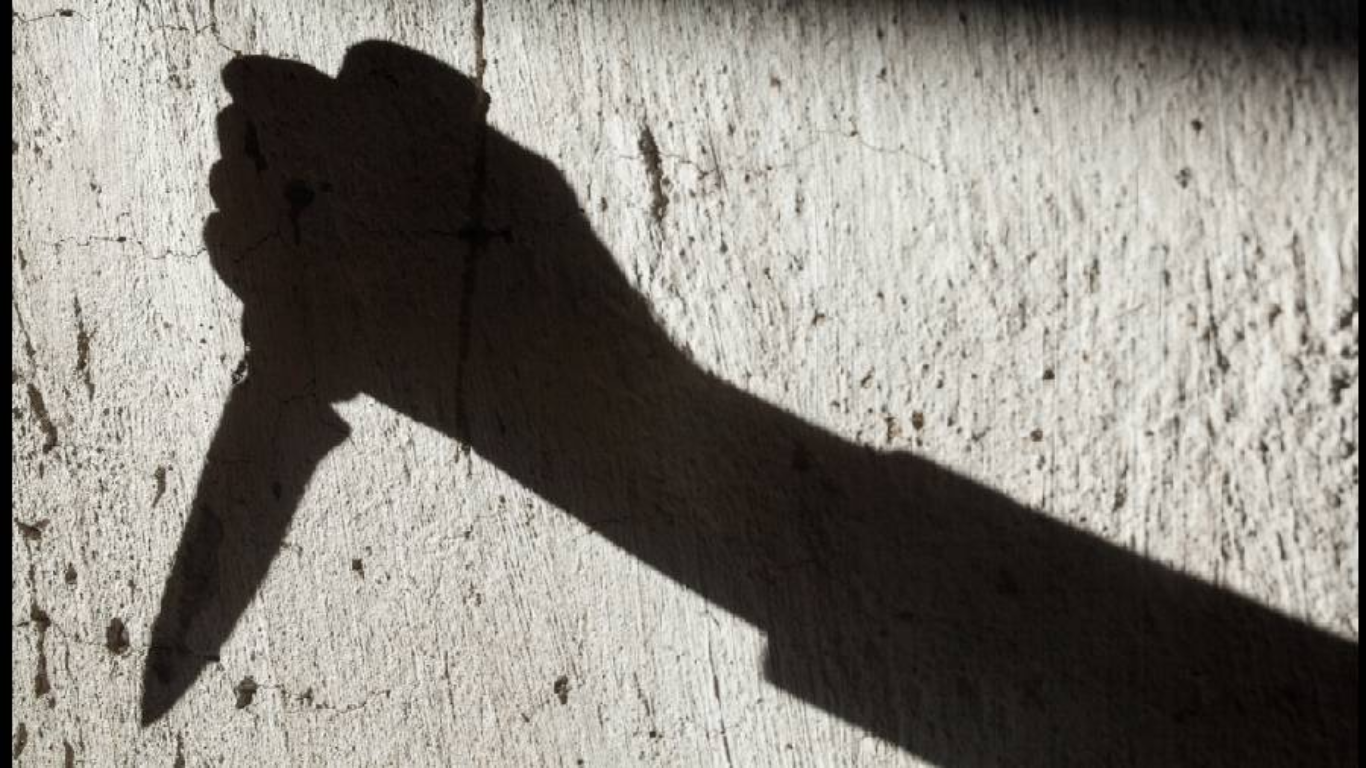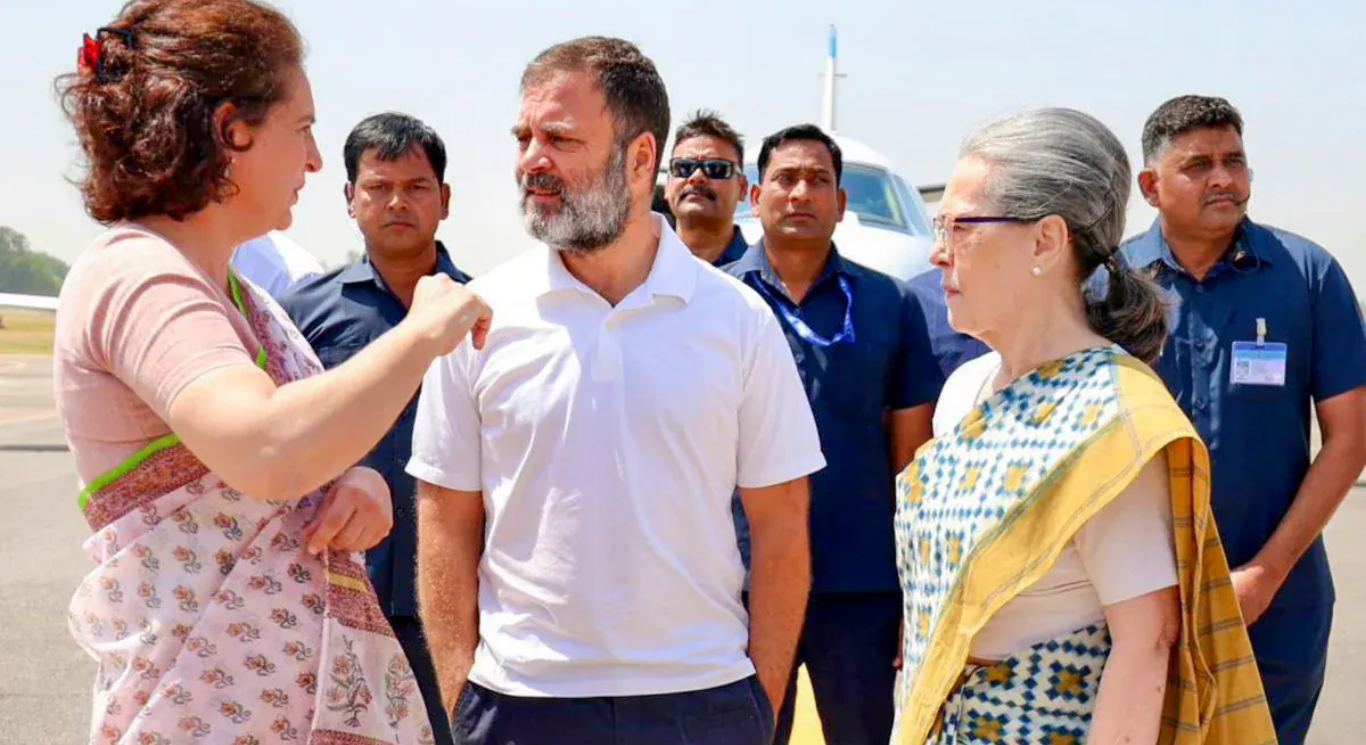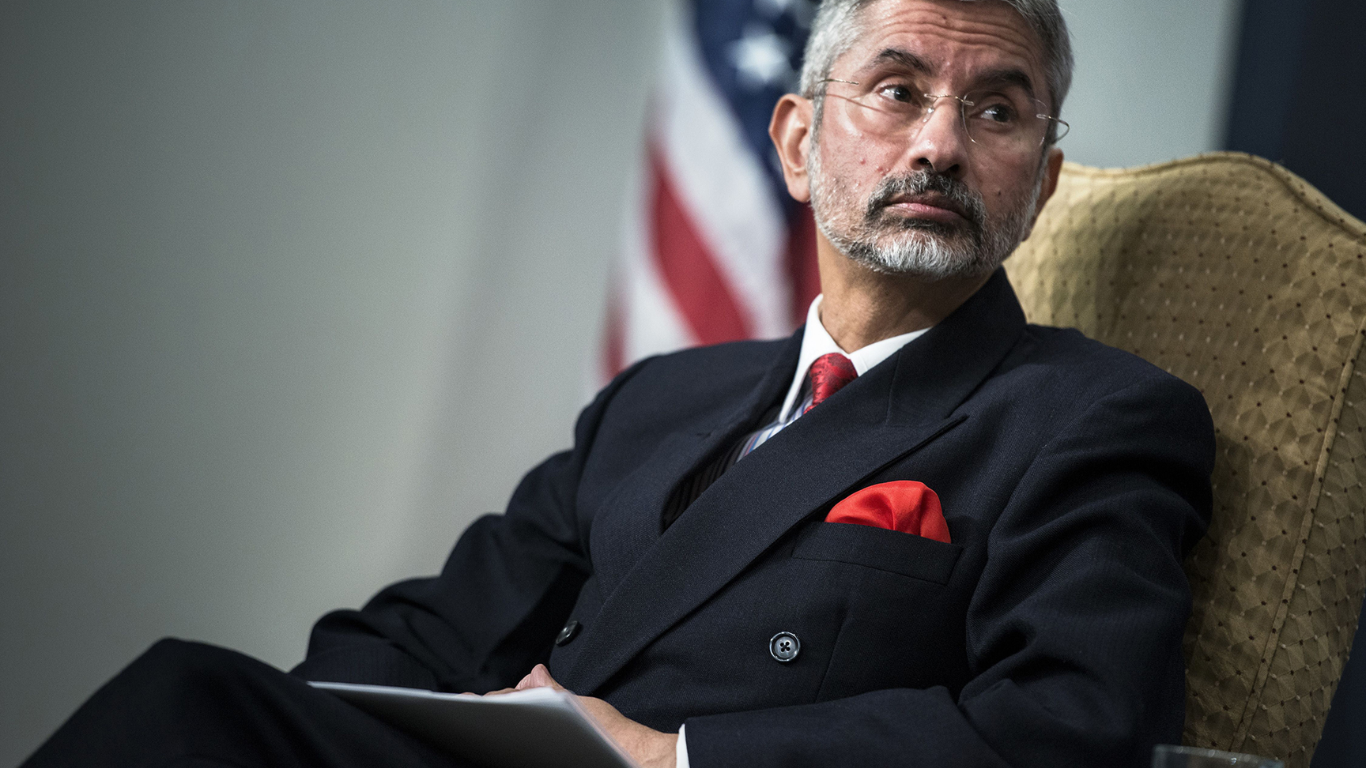



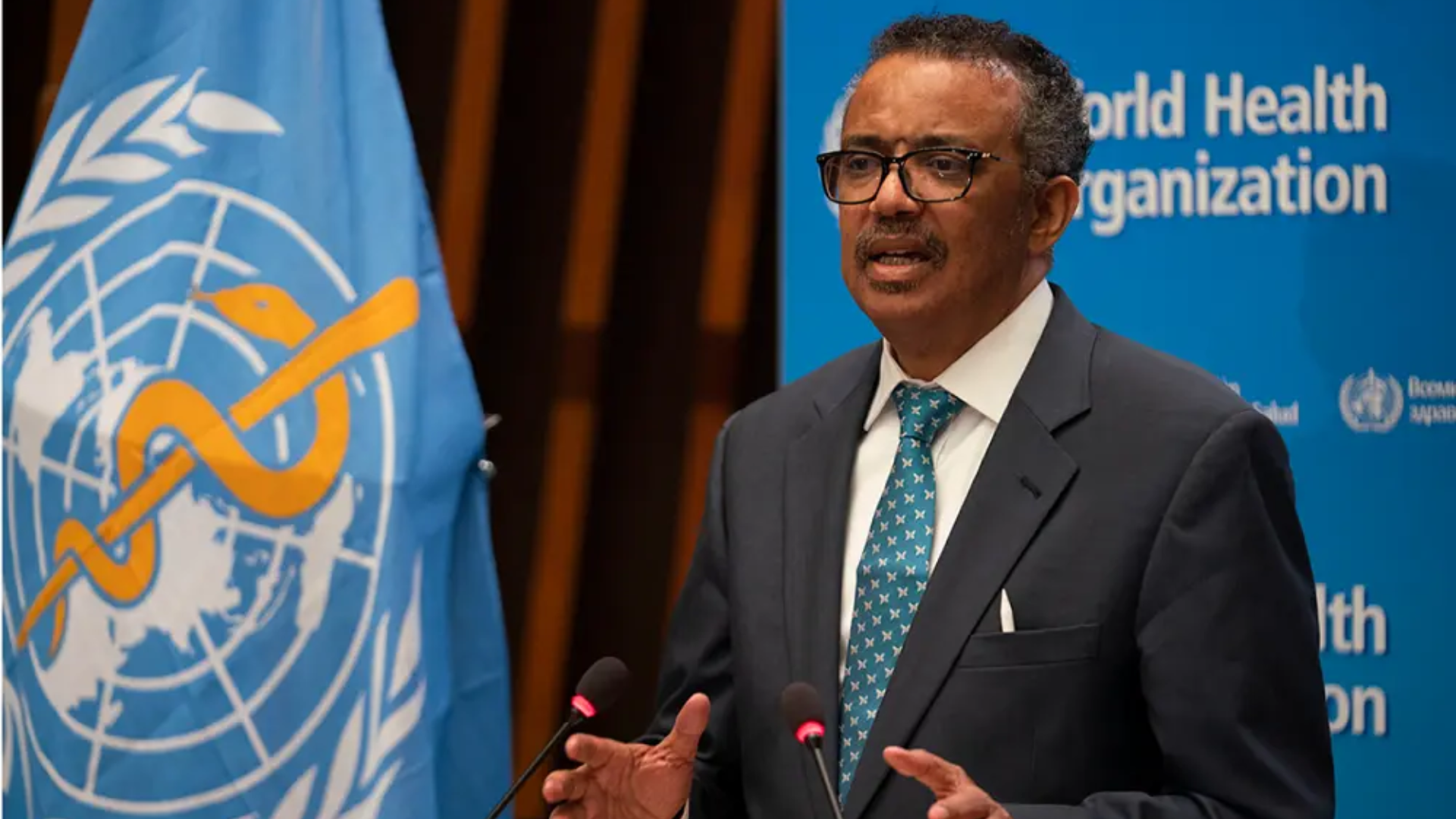
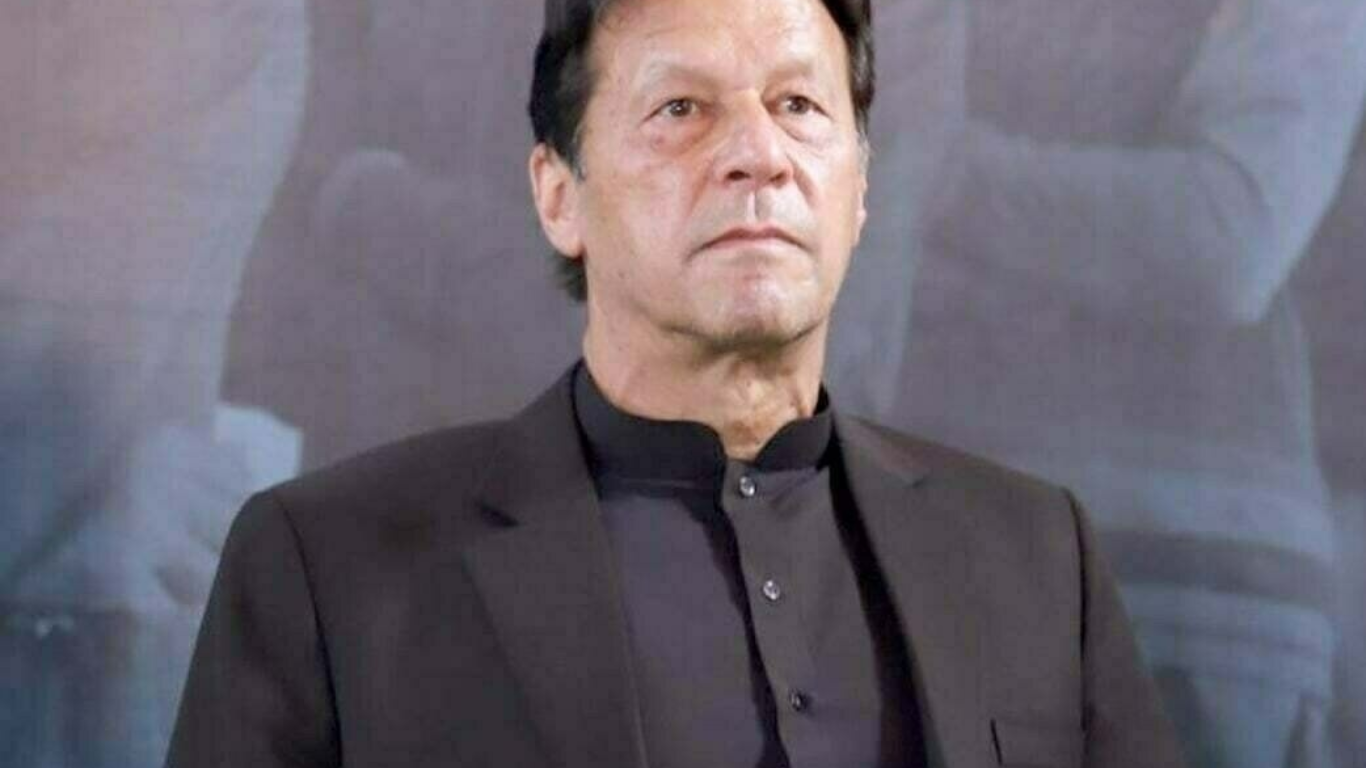
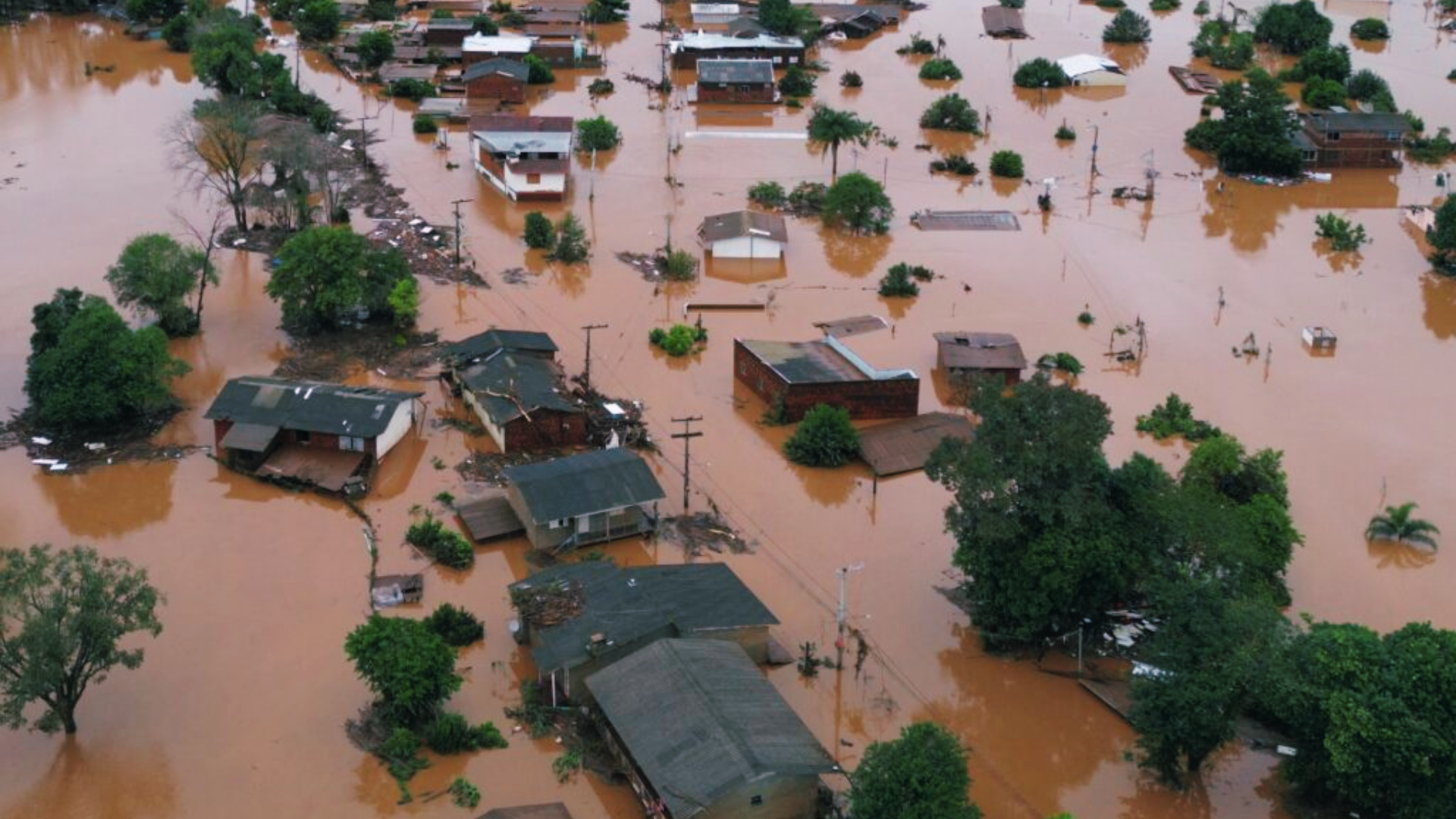
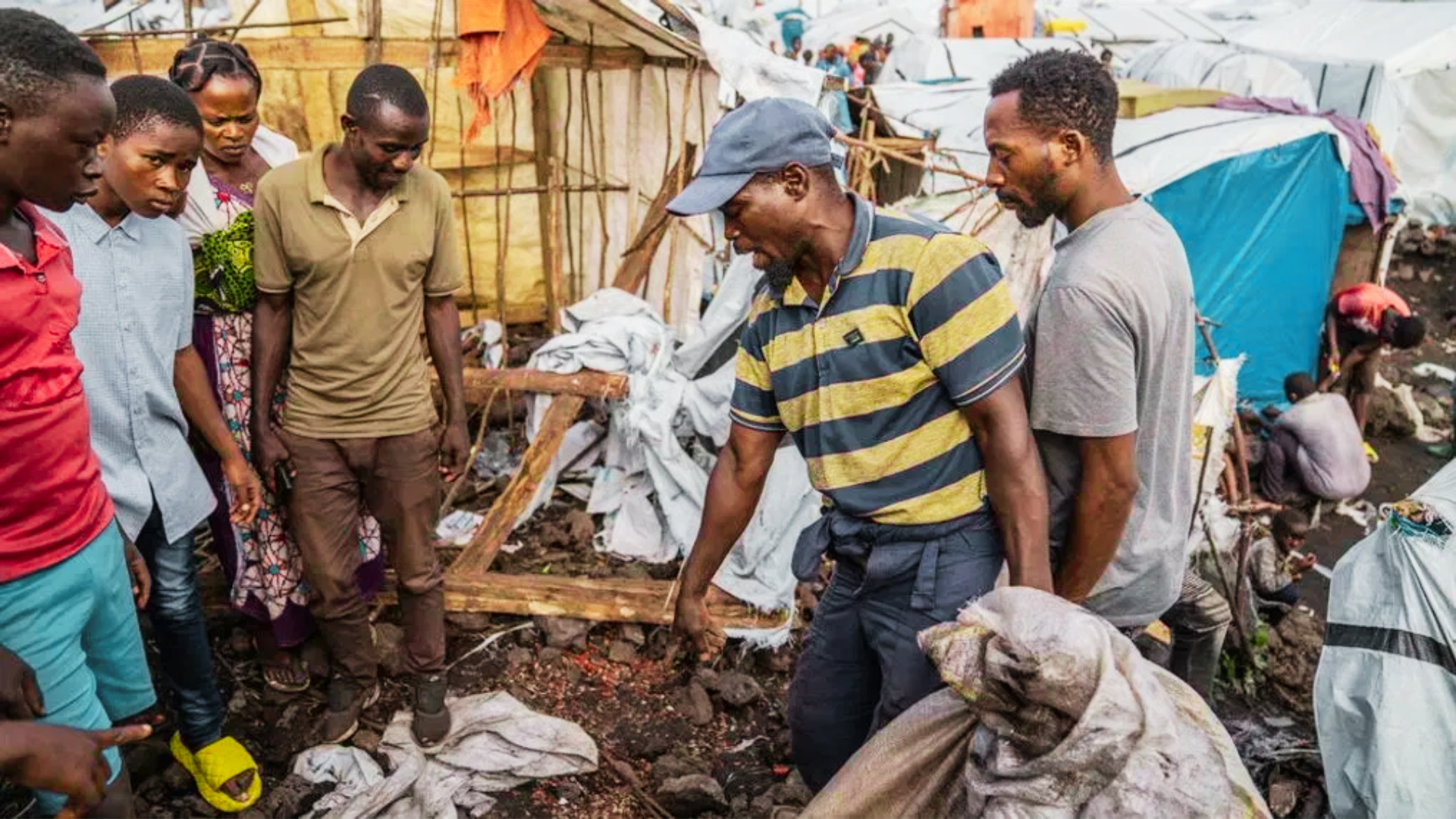

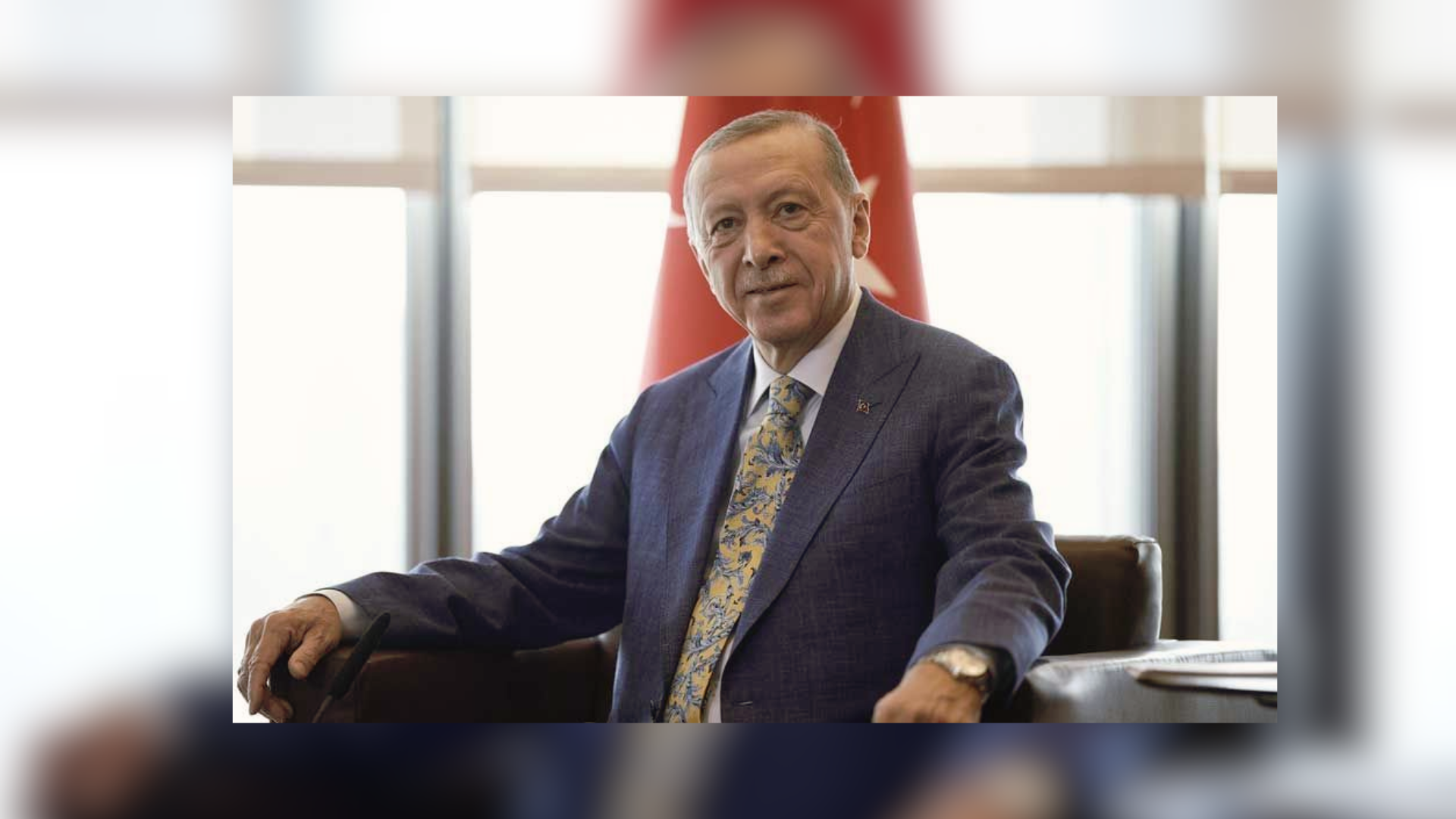
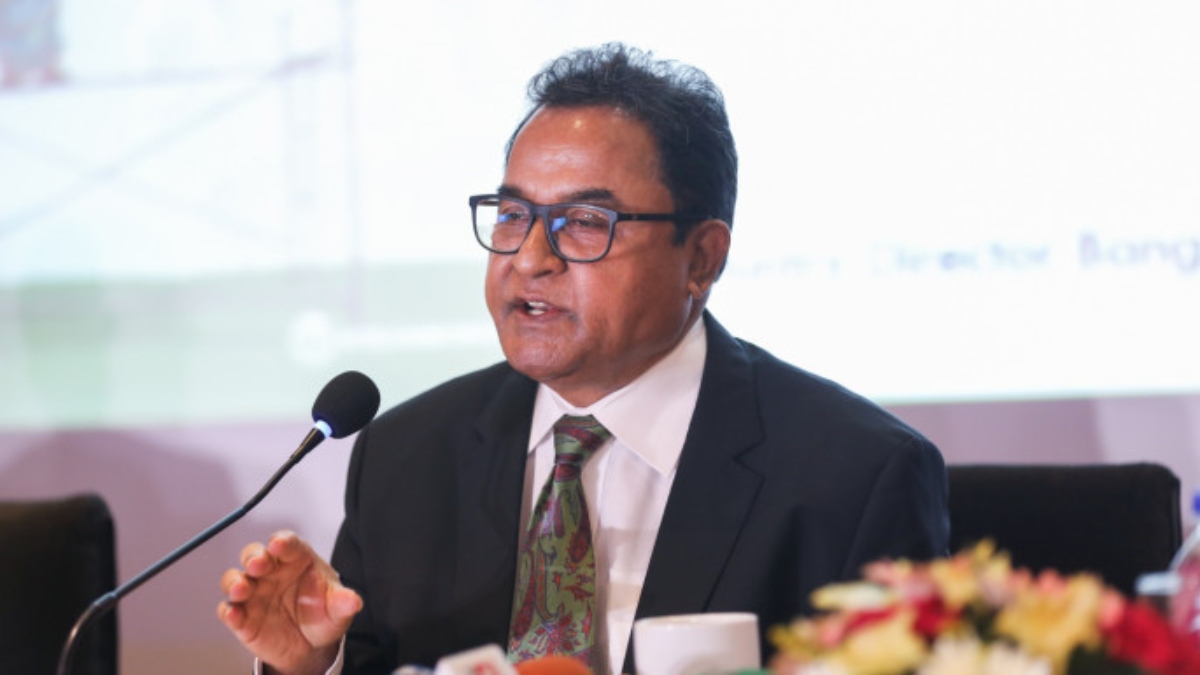
Bangladesh has joined Nepal in pronouncing a resounding ‘NO’ to any more loans from China after Sri Lanka declared bankruptcy owing to economic irresponsibility stemming from Chinese-funded white elephant projects. Now, handouts are the only thing that interests the two nations.
The Belt Road Initiative (BRI), which was introduced by President Xi Jinping nine years ago, seems to have lost momentum in the wake of the pandemic, with almost any fresh Chinese investments being made in developing nations.
The BRI appears to be undergoing a reassessment, with recipient nations leery of the debt trap and its economic viability, even though some Beijing observers say this is an indication of the impact the Chinese economy has experienced during the epidemic and as a result of its zero-Covid policy.
AHM Mustafa Kamal, the finance minister of Bangladesh, has openly accused Sri Lanka’s economic situation of being made worse by economically unsound Chinese BRI projects. As global inflation and declining GDP increase the pressure on heavily indebted emerging markets, he has cautioned that developing nations should reconsider taking out further loans through BRI.
“China is being blamed by everybody.” In an interview with a local media outlet, Kamal remarked, “It is their duty. Bangladesh requested USD 4.5 billion in loans from the IMF last month to help it get through the economic crisis. Bangladesh owes around 6% of its foreign debt to China.
The truth is that Bangladesh has made it plain to China that it is only willing to take handouts, not further loans. As the Chinese debt trap looms large and Sri Lanka’s economic implosion, which owes 10% of its USD 51 billion foreign debt to Beijing, has emerged as a classic illustration, Nepal has made the same argument.
The over a billion dollar Rajapaksa international airport in Sri Lanka is a non-starter, and the white elephant Hambantota port is now leased to China for 99 years starting in 2017 through a debt for equity swap.
Last month, Bangladesh became the most recent Asian nation to request financial assistance from the IMF as rising commodity prices as a result of Russia’s all-out invasion of Ukraine put pressure on its foreign reserves.
The nation, which is a BRI partner, owes Beijing $4 billion, or 6% of its entire foreign debt.
A variety of other international and bilateral lenders, such as the World Bank, Asian Development Bank, Asian Infrastructure Investment Bank, and Japan International Cooperation Agency, are also interested in lending up to $4 billion more to Bangladesh, said, Kamal.



